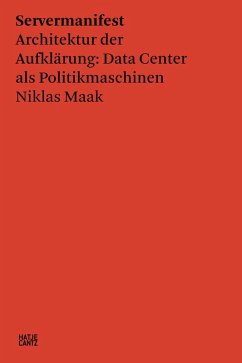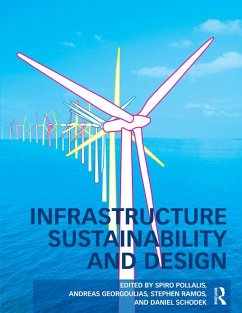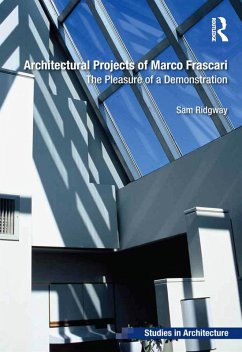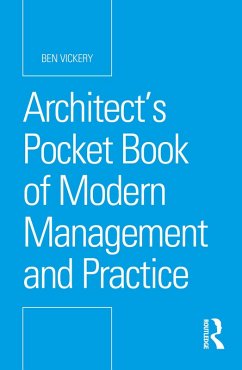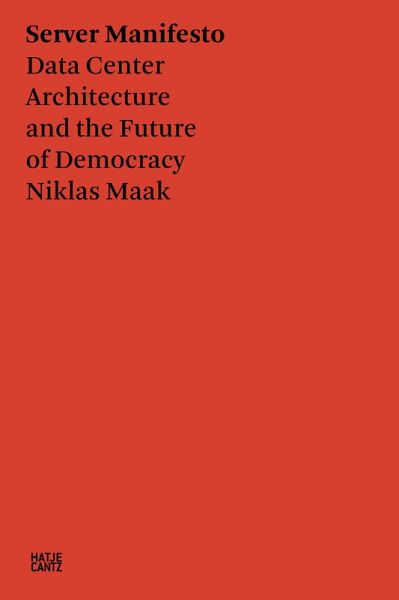
Server Manifesto (eBook, ePUB)
Data Center Architecture and the Future of Democracy
Illustrator: Maak, Niklas; Studierende der Städelschule Frankfurt; Studierende der Harvard Graduate School of Design
Versandkostenfrei!
Sofort per Download lieferbar
17,99 €
inkl. MwSt.
Weitere Ausgaben:

PAYBACK Punkte
0 °P sammeln!
Server farms are to the digital world what castles used to be: the seat of power. If data is the greatest collective treasure of a digital society, basic material for business and politics: Why are the places where it is stored still so invisible? Together with students from the Städelschule in Frankfurt am Main, Niklas Maak shows what the future of the most important new building typology of the twenty-first century might look like-and what new collective places a city needs in the age of digitalization. "This is a historic moment. Data has become the most valuable commodity in the world. We...
Server farms are to the digital world what castles used to be: the seat of power. If data is the greatest collective treasure of a digital society, basic material for business and politics: Why are the places where it is stored still so invisible? Together with students from the Städelschule in Frankfurt am Main, Niklas Maak shows what the future of the most important new building typology of the twenty-first century might look like-and what new collective places a city needs in the age of digitalization. "This is a historic moment. Data has become the most valuable commodity in the world. We can't leave it to a handful of tech giants. We must conceive of it as a public good and a critical public infrastructure, alongside roads, electricity, water, and clean air. To that end, we need what Niklas Maak calls a 'Centre Pompidou for the digital age.'" - Francesca Bria
Dieser Download kann aus rechtlichen Gründen nur mit Rechnungsadresse in A, B, BG, CY, CZ, D, DK, EW, E, FIN, F, GR, HR, H, IRL, I, LT, L, LR, M, NL, PL, P, R, S, SLO, SK ausgeliefert werden.




